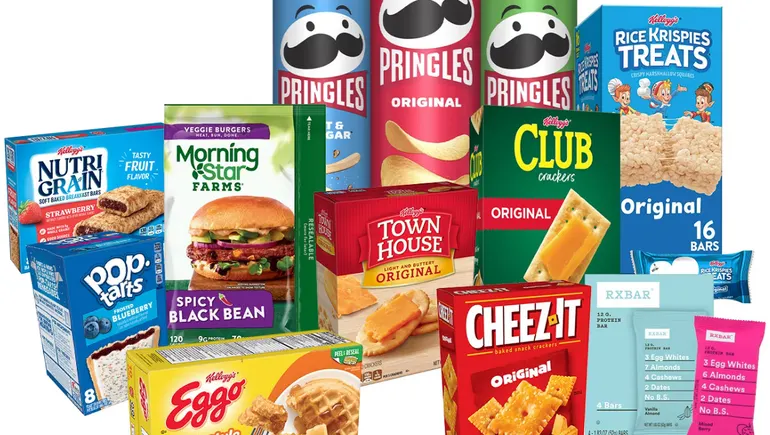The $36 billion cash takeover of Pringles maker Kellanova by Mars is facing a delay due to an in-depth investigation by the European Union. Originally projected to close in the first half of 2025, the deal is now expected to be finalized towards the end of the year.
The European Commission, the antitrust regulator of the EU, expressed concerns about the merger increasing Mars’ product portfolio and potentially giving the company greater bargaining power with retailers. This could lead to higher prices being passed on to consumers, prompting the need for a thorough investigation. The commission has until October 31 to conduct its review and make a decision on the deal.
The Mars-Kellanova merger was a significant move in the food industry, where mega-mergers are rare. However, regulators in the EU have raised “serious doubts” about the deal, citing potential market dominance and concerns from retailers about Mars’ increased bargaining power.
Teresa Ribera, executive vice-president for clean, just and competitive transition, emphasized the importance of preventing further inflation in food prices across Europe. The investigation will assess the impact of the acquisition on consumer prices and ensure competition in the market.
In response to the investigation, Mars expressed confidence in the merger, stating that it will bring more choice and innovation to consumers. Despite the setback, the company remains optimistic that the investigation will be resolved positively.
On the same day, the Federal Trade Commission in the U.S. determined that the deal was not anticompetitive, providing a contrasting view to the EU’s concerns. The combined Mars-Kellanova entity would have a significant market presence with over $63 billion in net sales and 17 billion-dollar brands.
The merger would also enhance Mars’ position in the salty snacks sector, complementing its existing presence in sweets and confectionery. With Kellanova’s strong presence in regions where Mars is not as dominant, such as Africa, the merger would create a powerhouse in the global snack industry. Despite the regulatory hurdles, both companies are hopeful for a successful resolution to the merger.


